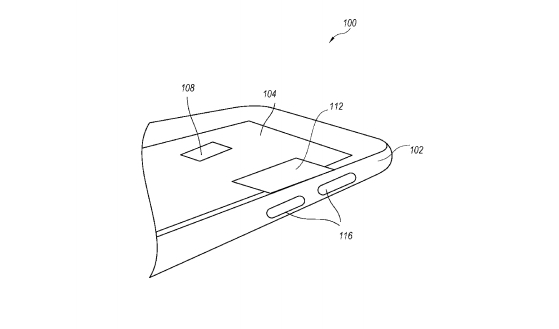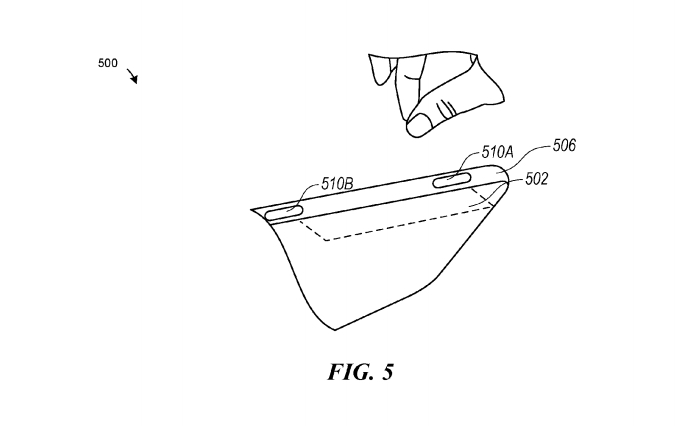Two years after leaving Google, the creator of Android, the world’s most prolific mobile operating system, Andrew E. “Andy” Rubin, is now ready to launch his own mobile hardware company, Essential Products Inc.
Andy Rubin’s company intends to launch a high-end smartphone with a “large screen and no bezel”. The Essential smartphone will compete with iPhones and high-end Android phones such as Samsung’s flagship models and other premium phones from Chinese smartphone makers.
Rubin is the founder of Android Inc., which was sold to Google in 2005 for “at least $50 million.” He stayed on in the company for another nine years as the company’s Senior Vice President of Mobile and Digital Content, finally leaving in 2014 to start an incubator for hardware startups – Playground Global – which raised $300 million in funding from giants like Tencent, HP, Apple’s chief supply partner Foxconn, Seagate and Google itself.
Since 2000, Andy Rubin has been named as the inventor in no less than 17 patents in the United States.
Today, Android is the world’s most popular operating system for smartphones, with greater than 80% market share worldwide. When it was first developed, however, one of the company’s key objectives was to compete with Windows Phone and Symbian! That was more than a decade ago. In that time Android has penetrated every smartphone market in the world, giving every other mobile operating system a run for its money – and more.
Android today is one of Google’s strongest business units, but it still doesn’t make any money directly because it is based on open source technology. The money comes from Google Play Store, which makes money off app sales and in-app purchases. After its core advertising channels such as Search, Sites and YouTube, it is possibly the largest revenue earner for Alphabet Inc., Google’s parent company.
Andy Rubin’s new company – Essential – intends to infuse artificial intelligence into smartphones, and will form the centerpiece of a new generation of AI-capable smartphones and other consumer hardware. Rubin has reportedly spoken with carriers such as Sprint during CES 2017 earlier this month.
To put it bluntly, Rubin’s foray into hardware manufacture is a risky venture. However, he does have a specially put-together 40-person team backing him, not to mention his star-studded investors list. But even then, hardware is a cut-throat business with sliver-thin margins. It should help that Rubin is attacking the high-end market, where margins are much fatter, but the question remains whether he can take on Apple and Google at the same time with his new products.
It is still unknown whether his smartphones will run on a version of Android, but it’s likely that he’s been developing something unique that is more suited to AI applications. The clue to that comes from what he said at the Bloomberg Technology Conference in June 2016:
“New computing platforms happen every 10 to 12 years. What’s the next platform?… It’s about data and people training AI systems to learn.”
According to a filing with the USPTO (U.S. Patent and Trademark Office), “Essential” lists smartphones, tablets, accessories and “computer operating software for mobile phones” among its goods and services.
Those two clues lead us to believe that Andy Rubin has something far more impactful than a new smartphone up his sleeve, and it’s possible they’re working with Sprint to bring it to the market. At this point it’s still in its prototype stage, so everything is obviously hush-hush.
Patent Documents for the “Essential” Smartphone
We dug up some patent information from Justia Patents and FreePatentsOnline, and this is what we found:
Excerpt Images





